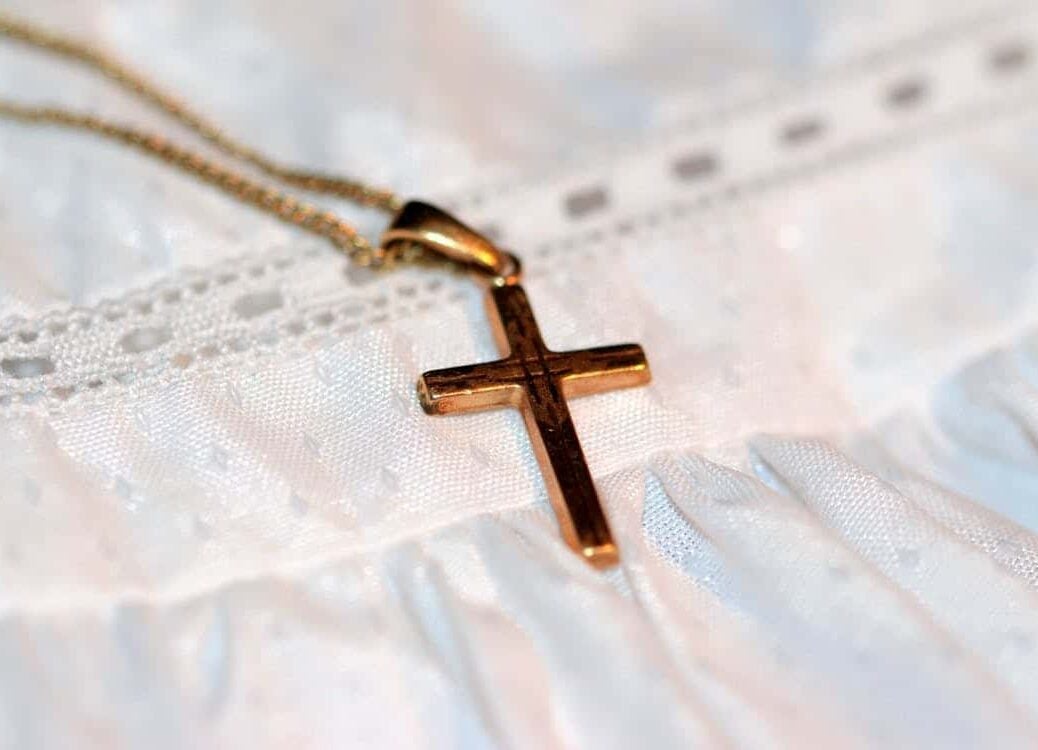
To what extent do we have a right to reputation? And to what extent does that right fall away when an accusation is made of criminal conduct, asks reputation lawyer Jennifer Agate
In a recent decision, the Pennsylvania Supreme Court determined that the names of eleven priests accused of sexual abuse in a grand jury report should remain permanently redacted. A necessary measure, the court said, to ‘protect their constitutional right to reputation’.
The allegations were of the utmost seriousness, the report described by the Pennsylvania Attorney General as the ‘largest, most comprehensive report into child sexual abuse within the Catholic Church ever produced in the United States’. While the names of 270 priests had already been made public, eleven were redacted. Those priests argued that they had not had the chance to respond to the serious allegations made against them, citing examples of serious factual errors in the evidence presented to the Grand Jury which, they said, could be easily rebutted. The court agreed.
Issues of anonymity around allegations of sexual misconduct, for both the accused and the accuser, are a complex mire of fact sensitive considerations. The Pennsylvania decision comes in the same month that the identity of ‘Nick’, whose allegations led to the so called VIP sex abuse scandal, has been made public, as he goes on trial accused of perverting the course of justice and fraud. It also follows the appeal in the libel case brought by Alexander Economou against the father of Eleanor de Freitas, who tragically committed suicide after being accused of making a false rape allegation, apparently distraught at the prospect of giving evidence in a criminal trial without reporting restrictions. Anonymity in legal proceedings is a complex balance between open justice, freedom of expression and reputation, with potentially devastating consequences when it is lost.
While the right to reputation is not enshrined in European law in a constitutional way, there being no express human right to reputation, it is protected by the Article 8 right to respect for private life. That Article 8 right falls away when the threat to reputation is a ‘foreseeable consequence of one’s own actions, such as, for example, the commission of a criminal offence’. However if the criminal offence has not been proven, but is only alleged, there is a fighting chance of anonymity. Nevertheless, as Cliff Richard can attest, there is no guarantee that you will be given the opportunity to protect your reputation if the press jump the gun.
As the law currently stands, an individual accused of a criminal offence has a strong chance of retaining anonymity until and unless he or she is charged. But they must move quickly. Nobody plans to find themselves answering questions in a police station, but in the event of an allegation being made, it is vital that your team is in a position to instruct not only heavyweight criminal defence lawyers, but your reputational advisors, PR and legal. Without delay.
Photo credit: Pixabay
Jennifer Agate is a managing associate at Foot Anstey LLP






